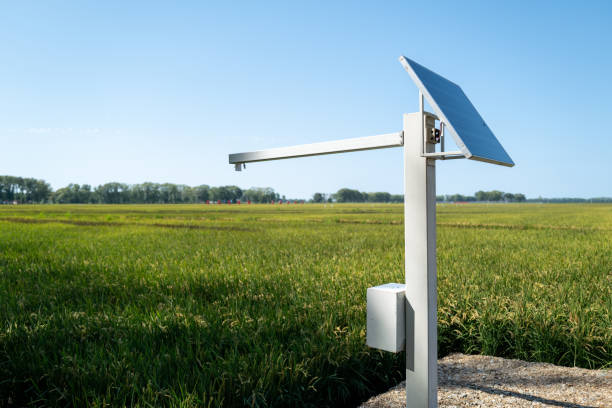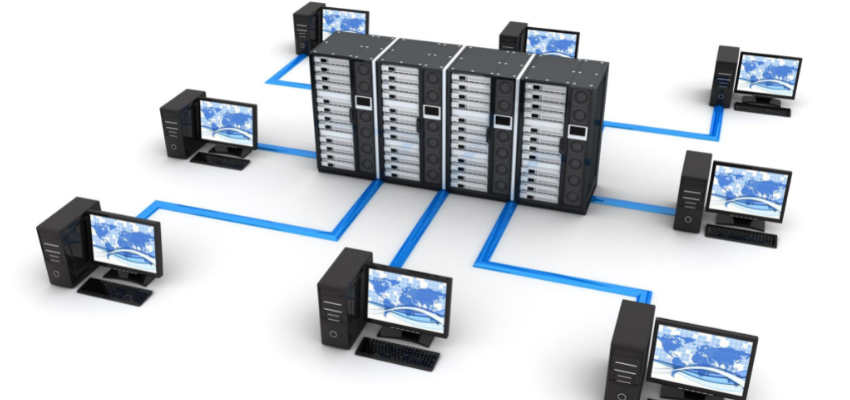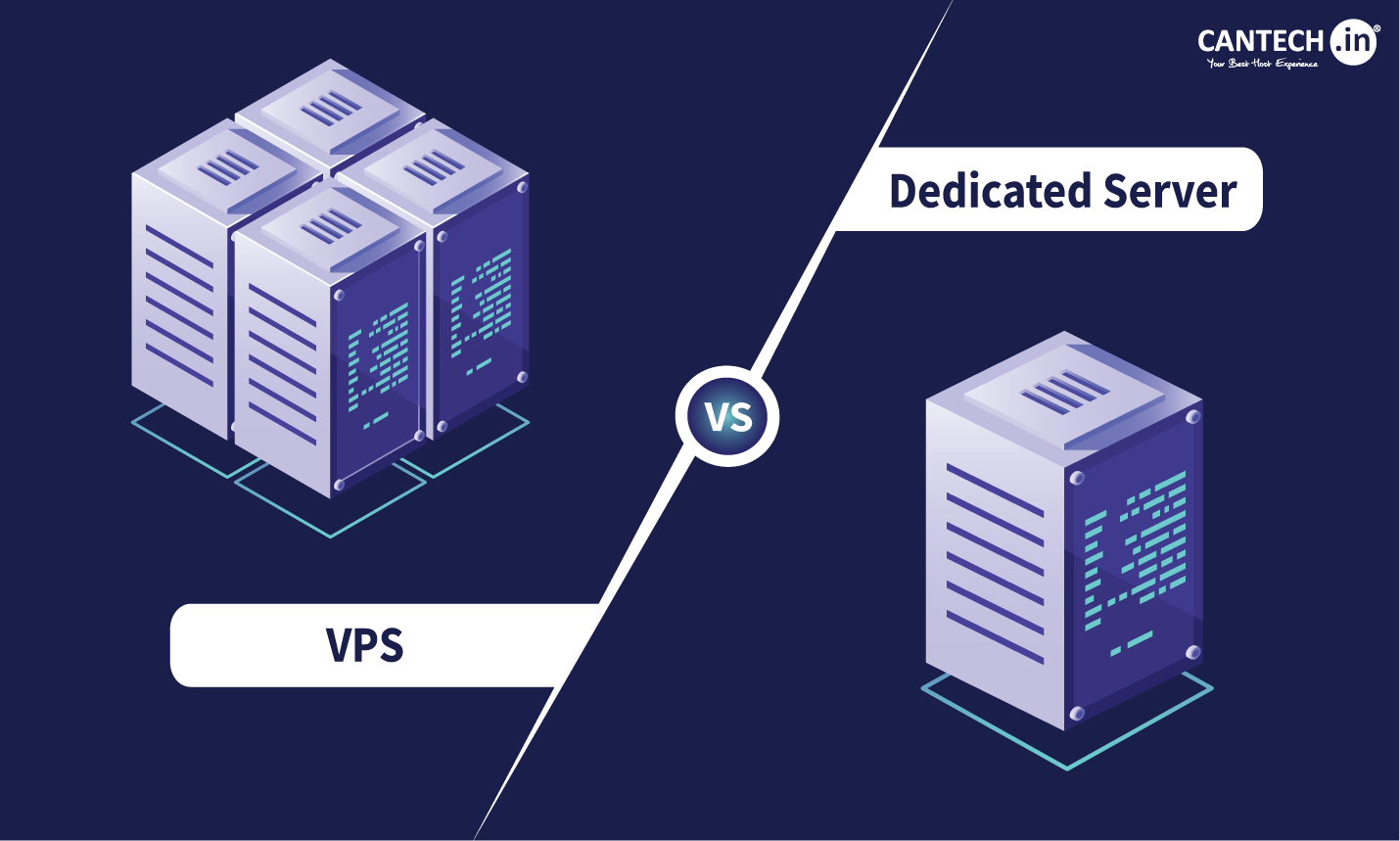Agricultural management plays a critical role in ensuring the sustainability and profitability of farms around the globe. It involves organizing, planning, and controlling agricultural resources to maximize production efficiency. This article will explore the concept of agricultural management, dive into the essentials of farm management, and highlight its importance for modern agriculture. For solutions tailored to agricultural needs, check out Singleclic’s Agriculture Solutions.
What is Agricultural Management
Agricultural management is the practice of managing resources, labor, and technology to enhance farm productivity and sustainability. This process incorporates a range of activities, including crop planning, livestock management, financial planning, and environmental conservation.
Core Components of Agricultural Management
- Crop Management: Selecting the right crops based on soil type and climatic conditions.
- Financial Planning: Managing budgets, cash flow, and investments.
- Resource Utilization: Efficient use of water, fertilizers, and other inputs.
- Technology Integration: Leveraging tools like drones, sensors, and farm management software.
Benefits of Agricultural Management
- Increases productivity and profitability.
- Reduces resource wastage.
- Ensures sustainability.
What is Farm Management

Farm management is a subset of agricultural management focusing on the operational aspects of running a farm. It’s all about making the right decisions to enhance efficiency and profitability. Farmers consider everything from crop rotation schedules to livestock health.
Key Elements of Farm Management
- Planning: Choosing what to plant and when.
- Resource Allocation: Ensuring proper distribution of land, labor, and capital.
- Monitoring: Regular assessment of farm operations.
- Adopting Technology: Using farm management systems for data-driven decisions.
Farm management is crucial for maintaining consistent productivity while addressing challenges such as unpredictable weather and market fluctuations.
Importance of Farm Management
Effective farm management ensures the long-term sustainability of agricultural businesses. It helps farmers adapt to changing market conditions while meeting environmental and societal demands.
Why Farm Management is Essential
- Profit Maximization: Better planning leads to reduced costs and higher yields.
- Risk Management: Anticipating and mitigating risks like pests and weather anomalies.
- Environmental Conservation: Encouraging sustainable practices like soil regeneration and water conservation.
“Farmers who adopt structured management practices tend to see an increase in yield and profitability” says Tamer Badr owner of Singleclic. “Technology is transforming how we approach farming—from data analysis to precise irrigation systems.”
Agricultural Management Solutions
Agricultural management solutions encompass a wide range of strategies, technologies, and best practices designed to optimize farm productivity, sustainability, and profitability. These solutions help farmers manage resources efficiently, reduce waste, and improve decision-making processes. Below are some of the key agricultural management solutions that modern farmers use:
1. Precision Agriculture
Precision agriculture utilizes technology such as GPS, IoT sensors, and data analytics to monitor and manage crops and livestock with high accuracy. This approach helps farmers apply water, fertilizers, and pesticides in precise amounts, reducing costs and environmental impact.
2. Farm Management Software
Digital tools and farm management software assist in record-keeping, financial planning, and resource allocation. These platforms enable farmers to track crop cycles, weather patterns, and market prices, ensuring data-driven decision-making.
3. Sustainable Water Management
Efficient irrigation systems, such as drip and sprinkler irrigation, help conserve water while maintaining crop health. Smart irrigation technologies can monitor soil moisture levels and adjust water usage accordingly, reducing water wastage.
4. Crop Rotation and Soil Management
Healthy soil is the foundation of successful farming. Crop rotation techniques improve soil fertility and prevent pest infestations. Additionally, organic matter enrichment, cover cropping, and no-till farming practices help maintain soil health over time.
5. Integrated Pest Management (IPM)
IPM combines biological, cultural, mechanical, and chemical methods to control pests while minimizing harm to the environment. This approach promotes natural pest predators and reduces the need for synthetic pesticides.
6. Smart Greenhouses
Smart greenhouses use automation, climate control, and AI-driven systems to regulate temperature, humidity, and light levels. These controlled environments maximize crop yields while minimizing resource consumption.
7. Livestock Management Solutions
For animal farming, advanced solutions like automated feeding systems, health monitoring wearables, and genetic selection enhance livestock productivity and welfare. These tools help farmers track animal health and optimize breeding programs.
8. Supply Chain and Market Access Solutions
Modern agricultural management includes better logistics and market connectivity. E-commerce platforms and direct-to-consumer sales models enable farmers to reach a wider audience and secure better prices for their products.
By implementing these agricultural management solutions, farmers can enhance efficiency, increase sustainability, and adapt to changing climate and market conditions.
Management in agriculture is essential for ensuring sustainable farming practices, maximizing yields, and maintaining soil health. Effective management strategies involve resource allocation, crop rotation, and precision farming techniques to enhance productivity. Farmers who adopt modern agricultural management solutions can improve efficiency, reduce waste, and increase profitability.
There are various types of agricultural management, each suited to different farming operations. These include organic farming, conventional farming, precision agriculture, and agroforestry. By selecting the right management approach, farmers can optimize land use and ensure long-term sustainability.
Farm crop management plays a crucial role in agricultural success. It involves monitoring soil conditions, irrigation, pest control, and selecting high-yield crop varieties. With advancements in technology, farmers can now use data-driven methods to improve farm crop management, ensuring higher productivity and better quality yields.
People Are Always Asking
Many people often wonder how agricultural management differs from traditional farming. The answer lies in the level of organization and technology involved. Unlike conventional methods which often rely on intuition agricultural management is data-driven and highly structured.
Common questions include:
- How can small-scale farmers benefit from agricultural management?
- Small-scale farmers can use affordable solutions like mobile apps for soil analysis.
- Is it expensive to implement farm management technology?
- Initial costs can be high but the long-term benefits outweigh the expenses.
Potential Drawbacks of Agricultural Management Services
While agricultural management offers numerous advantages it’s important to consider the challenges:
- High Initial Costs: Advanced tools like drones and IoT devices can be expensive.
- Learning Curve: Adopting new systems may require training and time.
- Dependence on Technology: System failures can disrupt operations.
These drawbacks highlight the need for balanced solutions that consider affordability and accessibility. For detailed insights visit Singleclic’s Agriculture Solutions.
Practical Tips for Effective Agricultural Management
- Start Small: Test new technologies on a small scale.
- Regular Training: Keep up with industry trends and train staff.
- Monitor Progress: Use key performance indicators (KPIs) to track success.
Reviews from the Field
Farmers who have adopted agricultural management practices often report improved outcomes:
- “Switching to a farm management system has revolutionized how we operate. Our yields have doubled.” – Sarah M local farmer.
- “I was skeptical at first but the technology paid for itself within two seasons.” – John R.
FAQs
Q: What is the difference between agricultural management and farm management?
A: Agricultural management is a broader term that includes the entire ecosystem of farming while farm management focuses on day-to-day operations.
Q: How do I choose the right farm management software?
A: Look for user-friendly features cost-effectiveness and compatibility with your farm’s needs.
Q: Can sustainable farming be profitable?
A: Yes sustainable practices often lead to reduced costs and premium pricing for eco-friendly products.









